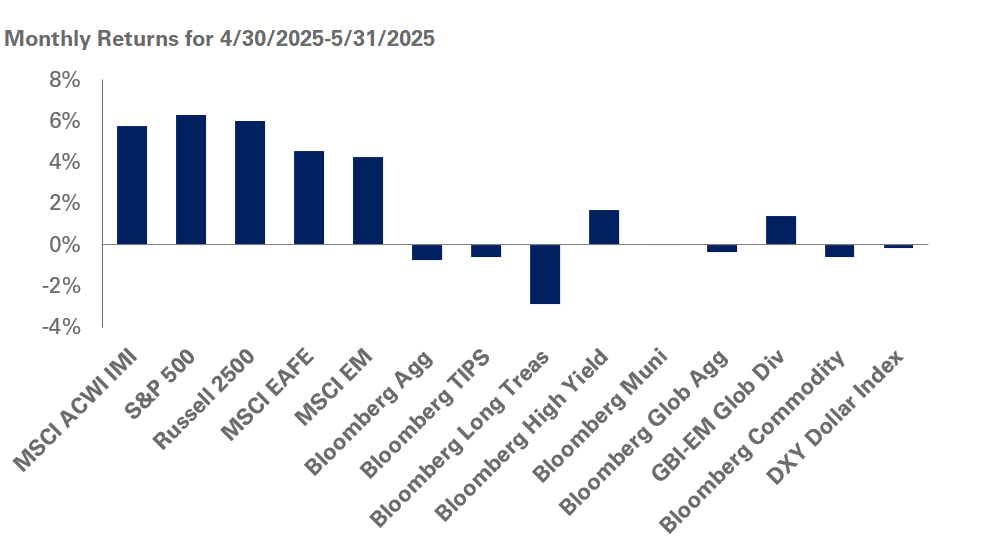The tit-for-tat trade dispute between the United States and China kicked into high gear this week. On Monday, President Trump announced new tariffs on $200 billion worth of Chinese imports. Not to be outdone, China hit back with levies on $60 billion worth of US exports. Both sets of tariffs are expected to kick in on September 24. In anticipation of China’s retaliation, President Trump announced that the US will levy tariffs on an additional $267 billion worth of Chinese products imported to the US.
This latest round of skirmishes leaves little wiggle room as the cumulative impact of tariffs imposed and threatened nearly cover the $600 billion in trade between the world’s two largest economies. At NEPC, we believe these tariffs are here to stay as we settle into a longer-term cold war related to the US-China trade dispute. This outcome, which falls in line with our base case view of the trade conflict, will likely result in marginally lower economic growth rates across the globe.
We still believe this dispute is unlikely to blow up into an all-out trade war as both sides are acutely aware that such an outcome would not only be economically and politically devastating for the US and China, but also would wreak havoc on the world economic order. This awareness was on display this week: In a nod to the potential backlash from US consumers, the next wave of tariffs on Chinese goods will start at 10% on September 24, climbing to 25% only on January 1, after the holiday-shopping season; in addition, a broad list of consumer electronics and child-safety products are exempt from the tariffs. Meanwhile, China’s measured response is indicative of its desire to appear strong but limit the local and global fallout from its trade dispute with the United States. Such an approach also leaves the door open to trade negotiations; however, trade talks are unlikely to occur until after the US mid-term elections, which will give China an opportunity to reassess President Trump’s political standing.
So, what’s next for investors? Likely elevated levels of equity and currency volatility, specifically in the emerging world. That said, we encourage investors to stay the course and not abandon emerging markets. With the price declines this year, valuations of emerging equities and currencies remain attractive, offering a compelling investment opportunity. While we view a full-blown trade war to be a lower probability event, we still encourage investors to safeguard themselves against a potential selloff in equities in the event severe economic sanctions are introduced. To this end, we recommend increasing exposure to safe-haven fixed-income securities amid the uptick in US interest rates in 2018. At NEPC, we continue to monitor US and China trade policy, which will likely be a hot-button issue for years to come. We will be sure to communicate any changes in our investment outlook as the dynamic between these two powerhouses evolves.



